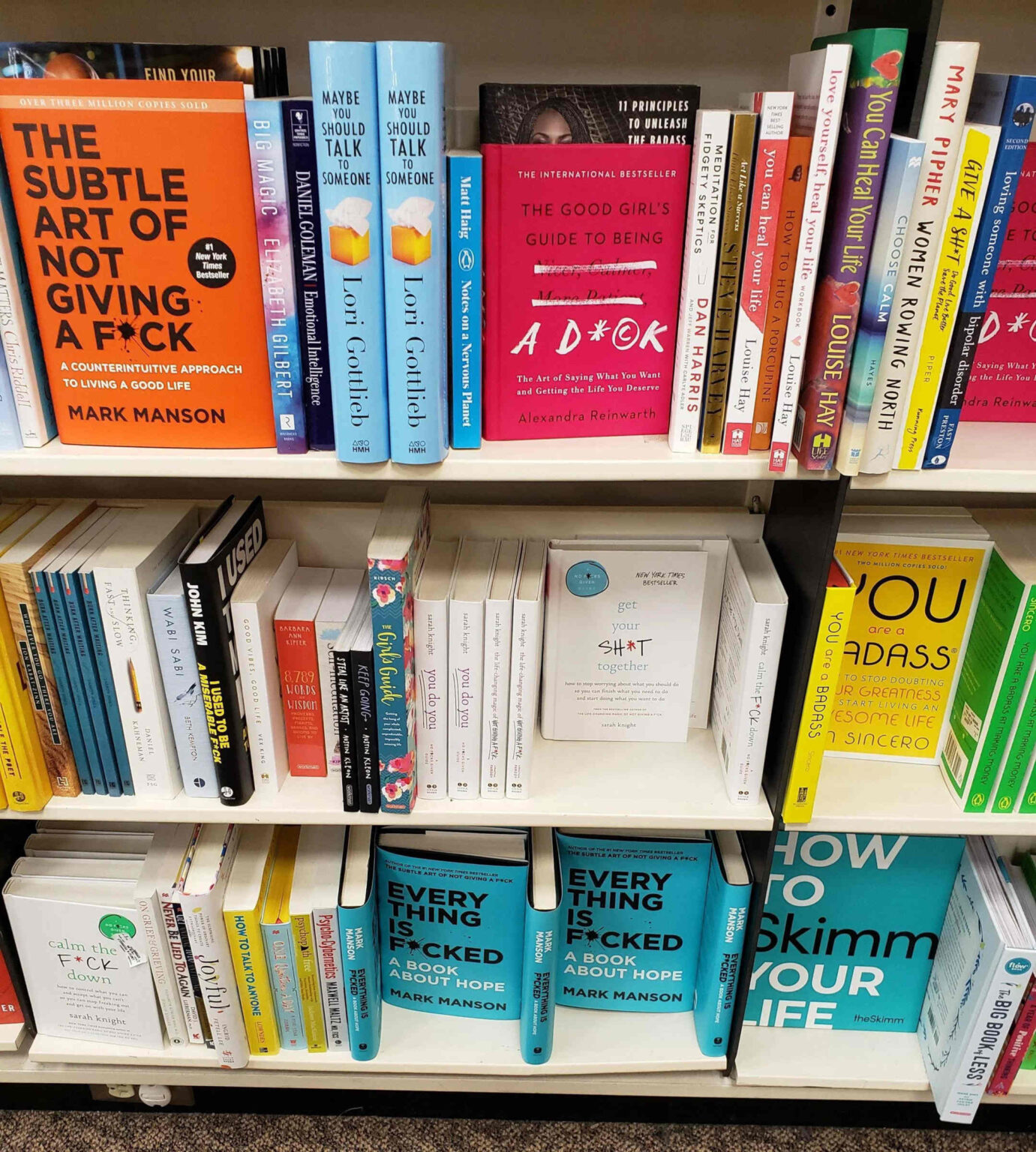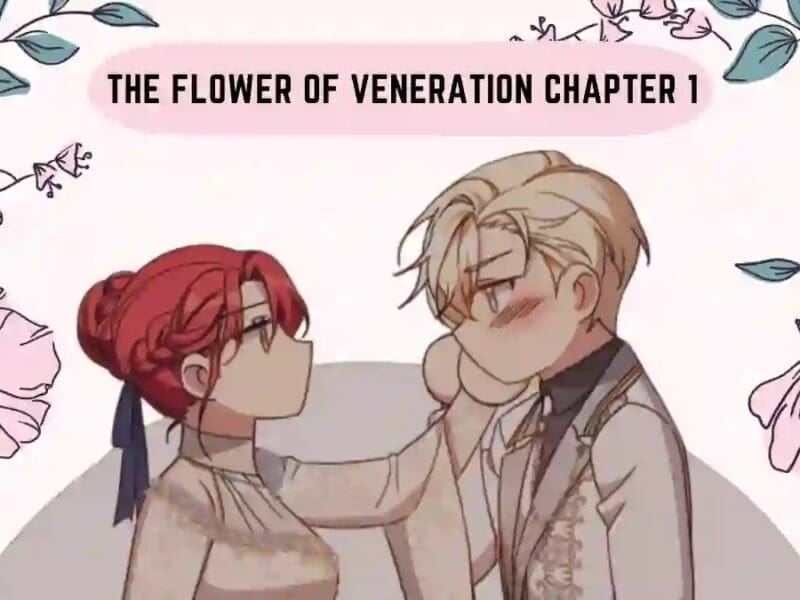
7 Unique Swear Words to Use in Your Novel
Writing a novel can be difficult. You may have a wonderful plot idea, but filling the pages takes time and creativity. My friend challenged me to write a novel once, and I accepted because I thought that would provide the extra motivation to finally accomplish a long-time goal. Once I began, though, I realized my storyline did not have enough substance to produce a must-read book.
If you have run into writer’s block before, you understand the many challenges that arise. At one point, your story idea captivated you in a way that you couldn’t think about anything else. After a while, your idea seemed dull or ordinary. One reason that fatigue sets in is because all of the words become repetitive. Once you have written a few thousand words, it’s tough to express a thought without feeling redundant. If your novel is fairly explicit, here are some unique swear words that might create a spark and get you back on track.

1. Pandejo
Many people wonder about the origin of pendejo’s meaning. Its Latin root means pubic hair. While pendejo’s meaning has changed over the years, it is most typically used to call someone an asshole or idiot these days. A few hundred years ago, pendejo meant coward, so depending on the setting of your novel, you can use this unique swear word in that context as well.
2. Twat
Twat is an insult that refers to a woman’s genitals. It is typically used to call a person stupid or obnoxious. It is an English word used in both Britain and America. If that is your target audience, they will not only be familiar with the word, but they might also applaud you for bravely using it in print.
3. Bollocks
Bollocks is an English word that is certainly more British than it is American. Its German roots translate to testicles. People might say bollocks in this context, or they can use it as an aggressive way to say something is nonsense. In the latter example, you might hear Americans say bullshit more often. However, if you are looking to change up your vocabulary and add an extra flair to your novel, bollocks can help you achieve that.
4. Bellend
Speaking of British insults, this word is seldom uttered in American English. Bellend is slang for the head of a penis, which means it is virtually identical to an American calling someone a dickhead. In this context, people have used bellend to imply someone is stupid, annoying, or simply a jerk. If you are looking for a unique way to lob an insult within your novel, this might cause your audience to learn a new word.
5. Slagger
Slagger is an Australian insult that implies someone sleeps around with a lot of people. Just like the other words on this list, it can add some spice to your novel, but be extremely cautious using this in real life. It can be highly offensive to call someone this, especially if you don’t know how they will receive it.
6. Wanker
Wanker is a more familiar insult in British English. However, if you are planning to use this word in your novel, consider adding enough context to clarify your intended meaning. Wank can mean to masturbate, so in British slang, this word can often imply that someone masturbates a lot. In other contexts, wanker can be used to call someone a jerk or a drunkard. On the low end of the scale, wanker can simply be used to refer to someone drunk at that moment.

7. Choad or chode
Choad is a funny word both verbally and in writing. It can be spelled multiple ways, so feel free to use whichever one you prefer. Biologically speaking, choad is slang for a penis that is wider than it is in length. More commonly, when one person calls someone a choad, they are saying that person is an idiot.
Conclusion
If you are writing a novel, congratulations! It is a lengthy process, and there will be times when it comes to a standstill. Don’t let that discourage you. Stay with it and look for new ways to generate momentum.
If your novel is for adult audiences, you might achieve this by inserting a unique swear word or two. You can further develop a conflict or add an unexpected element to one of your central characters. Regardless of how you use it in your book, don’t be as free-wheeling with these swear words in person. You run the risk of offending someone and damaging a relationship beyond repair.







